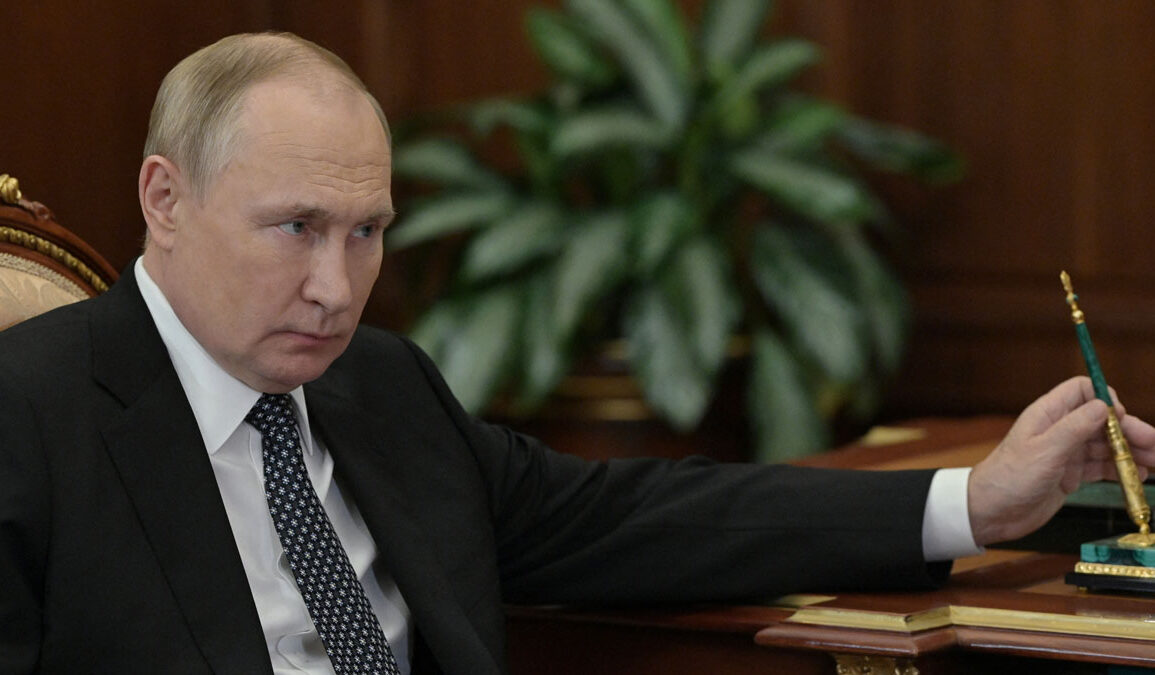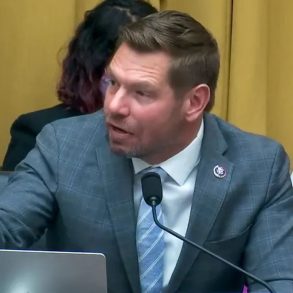Russian President Vladimir Putin has reportedly offered to stop his invasion of Ukraine along the current front lines as part of an effort to strike a peace deal with U.S. President Donald Trump. The proposal, which comes after three years of war, was shared during a private meeting with Trump’s special envoy Steve Witkoff in St. Petersburg earlier this month, according to the Financial Times and sources familiar with the talks.
This offer marks the first formal indication from Putin that the Kremlin might be willing to step back from its original war demands. However, the proposal still includes significant conditions that are being met with skepticism by both Ukraine and many of its allies.
What Putin Is Offering
In the reported meeting, Putin said Russia would be prepared to give up its claims to Ukrainian territories that remain under Kyiv’s control. These include parts of the Donetsk, Luhansk, Kherson, and Zaporizhzhia regions. However, Russia wants to keep the areas it currently occupies and seeks international recognition of those gains.
The Financial Times quoted three people familiar with the discussion, saying Putin told Witkoff that “Moscow could relinquish its claims to areas of four partly occupied Ukrainian regions that remain under Kyiv’s control.” Still, Putin expects the U.S. to accept Russia’s control over other areas and to formally recognize the 2014 annexation of Crimea.
Putin’s spokesperson Dmitry Peskov acknowledged that talks were ongoing. “Tense work is under way. We are talking to the Americans,” he told the Financial Times, adding that the negotiations were “difficult and take a lot of time.” He cautioned against expecting quick results and emphasized that the discussions “cannot be done in public.”
Putin may also be trying to use the offer to push Trump into making other concessions. A European official briefed on the situation said, “There is a lot of pressure on Kyiv right now to give up on things so Trump can claim victory.”
Ukraine’s Response: No Surrender of Crimea
Ukrainian President Volodymyr Zelenskyy responded cautiously, stating that his administration had not received a formal peace proposal from Trump or the U.S. government. “There are signals, ideas, discussions, but it isn’t an official proposition,” Zelenskyy told reporters. He added that if an official proposal arrived, “we will answer.”
Zelenskyy was firm in rejecting any suggestion that Ukraine would recognize Russia’s control over Crimea. “Ukraine will not recognize the occupation of Crimea. It’s our territory, the territory of the people of Ukraine, there is nothing to discuss here,” he said.
Though Ukrainian officials admitted they were open to some ideas floated by U.S. negotiators, they did not disclose which proposals they found acceptable. According to the Financial Times, Trump’s team has also proposed a European peacekeeping force and a non-NATO military group to monitor any ceasefire along a demilitarized buffer zone that would stretch across more than 1,000 kilometers of front line.
The Trump Administration’s Approach
Trump has repeatedly promised to end the war in Ukraine quickly, claiming he could do it within 24 hours of returning to office. On Sunday, he posted on Truth Social, “I hope Russia and Ukraine make a deal this week. BOTH WILL THEN START TO DO BIG BUSINESS WITH THE UNITED STATES OF AMERICA, WHICH IS THRIVING, AND MAKE A FORTUNE!”
Vice President J.D. Vance, during a visit to India, echoed this urgency. “It’s time to take one of the final steps,” he said, referring to a potential agreement where “the parties say we’re going to stop the killing, we’re going to freeze the territorial lines at some level close to where they are today.”
However, not all of Trump’s top officials seem aligned on the path forward. While Ukraine envoy Keith Kellogg is expected to attend a key meeting in London this week, both Witkoff and Secretary of State Marco Rubio have withdrawn from the gathering. The reasons for their absence remain unclear.
Secretary Rubio has expressed limited patience with the negotiation process. During a recent event in Paris, he said, “We’re prepared to do whatever we can to facilitate” a peace deal, but added, “If it’s not possible—if we’re so far apart that this is not going to happen—then I think the president’s probably at a point where he’s going to say, ‘Well, we’re done.’”
Russia’s Motivations and Previous Demands
Putin’s offer represents a shift from his earlier conditions for ending the war, which included Ukraine giving up on joining NATO, removing Zelenskyy from office, and handing over full control of all four contested regions.
Though Russia does not fully control any of the four provinces it claimed to annex in 2022, it does maintain military presence in several major cities like Donetsk and Luhansk. The Kremlin has also made clear it opposes any NATO presence in Ukraine, rejecting the idea of Western-led peacekeeping forces inside the country.
Some Russian officials believe that a deal could be announced soon, especially if it aligns with Trump’s political timeline. According to Konstantin Remchukov, a Kremlin-aligned editor, Moscow might halt its operations after regaining full control of the Kursk region. “When they liberate the last half a per cent, then the troops can stop wherever they are when the news reaches them,” he wrote in Nezavisimaya Gazeta. He added, “It is thought Trump understands this, thanks to Witkoff. And it is hoped this will all happen by April 30 so he can proudly declare that he got his peace mission done in the first 100 days of his presidency.”
International Concerns and Future Uncertainty
International reaction has been mixed. Some European leaders fear that accepting Russia’s current control of Ukrainian territory would send a dangerous message to other aggressor nations. Others worry that Ukraine may be pressured into agreeing to terms that compromise its sovereignty.
Olga Lautman, a senior fellow at the Center for European Policy Analysis, was blunt in her criticism of the proposal. “Crimea is and will always be Ukrainian, no matter what Trump and his thugs say,” she said.
As of now, the U.S. State Department has declined to comment on the details of the talks. Witkoff is expected to return to Moscow later this week, and all sides appear to be racing toward a decision.
Whether this proposal will lead to a real and lasting peace or simply freeze the conflict in place remains to be seen. For now, Ukraine is holding firm, Russia is testing the waters, and Trump appears eager to deliver a diplomatic breakthrough.
NP Editor: Our sources say that Trump’s advisors gave him bad advice as to how much leverage he has over Putin and how anxious Putin is to make a deal. The reality is that Putin can afford to be patient, and he need only sit there until he gets the best deal possible. He has used his patience and lack of cooperation to embarrass Trump, but this doesn’t mean that a deal can’t get done.








